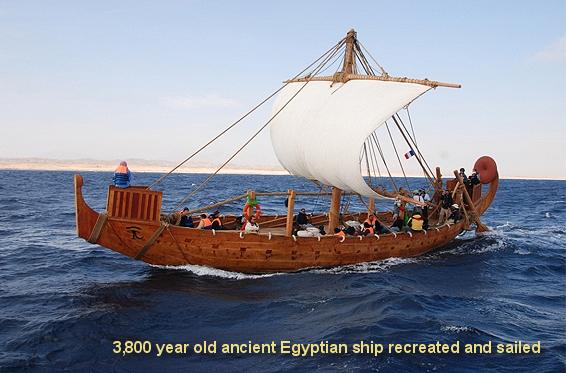Launching the ship
First steps of Papersesh

Papersesh project comes from the observation of students' effort to identify and memorize the whole set of basic graphemes (around 700) which are categorized on the basis of a non-mnemonic criterion as the Gardiner's List.
This issue gets more evident during the identification of signs representing non-living objects, whose identification is often not immediate for the modern man.
We've been working on this problem in the past 9 months racking our brains to find a time-saving way to solve this issue - and we finally got to a point.
Many handbooks foreshadow a grapheme cataloguing system based on a purely formal and non-morphological criterion; in other words, students are taught how a sign - beyond what it depicts - comes in contact with the other signs in a text string, according to certain rules built on how many modules it fills. Curiously, it seems like this system - definitely very useful to learn to write in hieroglyphics but, in our opinion, at least as useful in the classification of the hieroglyphs - hasn't been exploited enough for this latter (and - to some extent - more important) purpose.
Papersesh (the library, LIT. "The house of the writings") is trying to make that system a useful tool for grapheme classification and recognition, delivering to the user - next to the well-known Gardiner's List - a user-friendly modulation-based search criterion.
In a nutshell, if you don't remember what a hieroglyph is, try query our site giving how many modules does it fill and how: Papersesh search engine will respond with all graphemes that meet those criteria.
In addition, since any set of elements that needs to be memorized claims the cooperation of more complementary classification criteria - and not a single rigid criterion, however valid - we added a Latin name labelling for each grapheme in our database, helping getting the hieroglyph access process more mnemonic.
So glad to announce Papersesh's first steps! We aim to offer a brand new time-saving tool to the whole community of students, researchers and professors in Egyptlogy.
Browse our pages to discover every feature, and stay tuned - we have great plans for the future!



